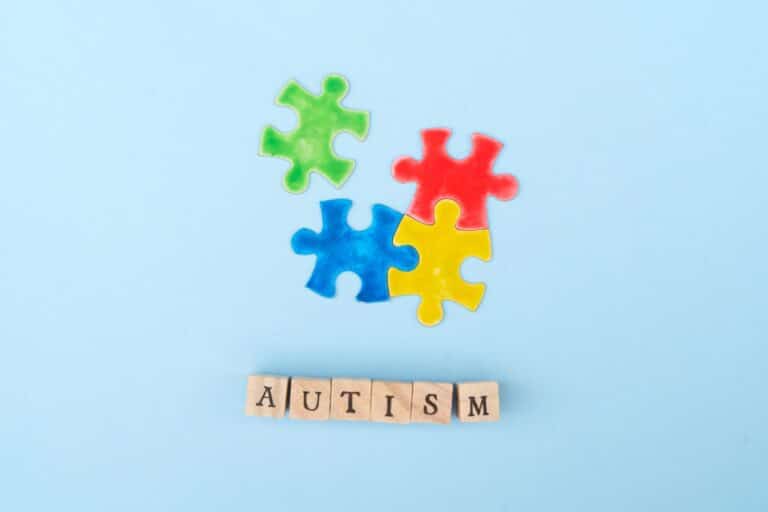Are you waking up with a hangover more often? Maybe you find your home littered with bottles, though you don’t remember drinking. Has alcohol started affecting your mood?
You’re not alone. About 85.6% of people ages 18 and up drink alcohol. Another 25.8% are heavy drinkers.
Meanwhile, about 14.5 million ages 12 and up have alcohol use disorder.
Are you thinking of trying to live sober? More people are becoming sober curious and discovering the role alcohol plays in their lives.
What is sober curious, exactly, and how can you become part of the sober curious movement?
Keep reading to find out. In this guide, we’ll review everything you need to know before discovering sober curiosity yourself!
Origins
First, let’s answer the question that’s likely on your mind: what is “sober curious,” exactly?
Becoming sober curious means you’ve chosen to cut alcohol out for wellness and personal reasons. During this process, you’ll become curious about the reasons you want to drink. You’ll also learn more about how alcohol impacts your life.
Many people choose to stay sober because they’ve developed an addiction or dependence. Sober curiosity, on the other hand, doesn’t involve a disorder. Some people who are curious don’t give up alcohol forever, either.
How did the sober curious movement begin?
In her book on sober curiosity, Ruby Warrington discusses a behavior pattern involving:
- Drinking that doesn’t seem to hurt yourself or others
- Drinking no more than the people around you
- Not craving or needing to drink daily, but drinking socially
If these situations sound familiar to you, it doesn’t mean alcohol caused you to hit a low point. You probably don’t see yourself as alcohol-dependent, either. In many cases, people begin to realize they don’t enjoy drinking.
You might question why you started drinking in the first place.
The sober curious movement validates the questions we ask about our drinking habits. It’s created a community of mindful drinkers.
There are now month-long sobriety challenges that encourage people to consider their alcohol use.
The Basics
Now that you know where the sober curious movement began, let’s discuss the culture.
For most people, curiosity starts with concerns. You might realize alcohol has started to impact your life in some way. Perhaps you’ve started questioning your patterns of alcohol use.
Alcohol use exists on a spectrum. Not everyone who drinks has an alcohol problem.
So, what’s the difference between sober curious and sobriety?
Someone who is sober curious has concerns about their drinking habits. They might not meet the criteria for alcohol abuse, though. Remember, not everyone who joins the sober curious movement remains sober forever.
Most people who have an alcohol use disorder require rehabilitation. Their behavior becomes reckless and dangerous. Alcoholism could cause their health to deteriorate, too.
Sobriety is a long-term choice.
You might turn to alcohol when you feel like socializing or need to cope with a little stress. Alcohol won’t help you address the root issue, though. In some cases, it can make you feel worse.
While you might not want to quit entirely, you could benefit from a break. That’s where the sober curiosity movement can help.
A Temporary Change
Remember, sober curiosity isn’t a permanent change. Instead, it gives you the opportunity to see how sobriety could benefit your life.
You can cut out alcohol for two weeks, a month, or a year. The duration is up to you. You don’t have to set a time limit, either.
Instead, use the sober curious lifestyle as an opportunity to notice how living without alcohol can benefit your life. Once you see the difference it can make, you might practice more mindful drinking in the future.
Potential Benefits
About six people die of alcohol poisoning in the US each day. Beforehand, they often experience:
- Seizures
- Slowed breathing
- Irregular breathing
- Vomiting
- An inability to wake up
- Hypothermia
Becoming a more mindful drinker could help you avoid substance abuse disorder. You can avoid the harmful side effects of drinking as well, including:
- Hangovers
- Frequent illness
- Feelings of depression or anxiety
- Trouble sleeping
- Weight gain
- Fatigue and exhaustion
- Memory issues
- Difficulty concentrating
- Increased risk of cancer or liver disease
- Changes in mood and behavior that lead to conflict
In fact, just one month of abstaining from alcohol could lower your blood pressure. Your risk for alcohol-related diseases could decrease as a result.
Alcohol can impact your ability to manage your emotions, too. Becoming sober curious could improve your mood. You might find it easier to communicate as well.
Improving your memory and focus could improve your performance at school and work, too.
Tips for Becoming Sober Curious
Looking for tips for becoming sober curious? If you’re on the fence, consider what you’ll gain.
Cutting out alcohol could benefit your relationships. You can avoid reckless, dangerous situations, too. Meanwhile, your energy levels and mood will improve.
As you join the sober curious movement, it helps to build a plan. When do you usually drink? You might want to find ways to navigate and avoid these situations.
First, let the people in your life know you’re cutting out alcohol for a while. Instead of going to a bar, consider a picnic or a day outside instead.
You can always politely decline their invitations to drink, too.
Try to find a few people in your life who don’t rely on drinking to have fun. You can even invite your friends to try sober curiosity with you. Spending time with like-minded people can give you the support you need.
You can also connect with sober curious people online.
Try to explore new hobbies during this time, too. Dedicate time to self-care through journaling or meditation. Pick up a new exercise routine as well.
If you don’t want to stop drinking entirely, that’s okay. Try drinking in moderation instead.
The Sober Curious Movement: Creating Mindful Drinking Habits
Joining the sober curious movement can help you become more mindful of your drinking habits. You can avoid an alcohol use disorder and improve your health.
If you need additional support, that’s okay. Consider finding a rehab center that can help you address your drinking habits.
Looking for help and support? That’s what we’re here for. Contact us today to consider your options.






